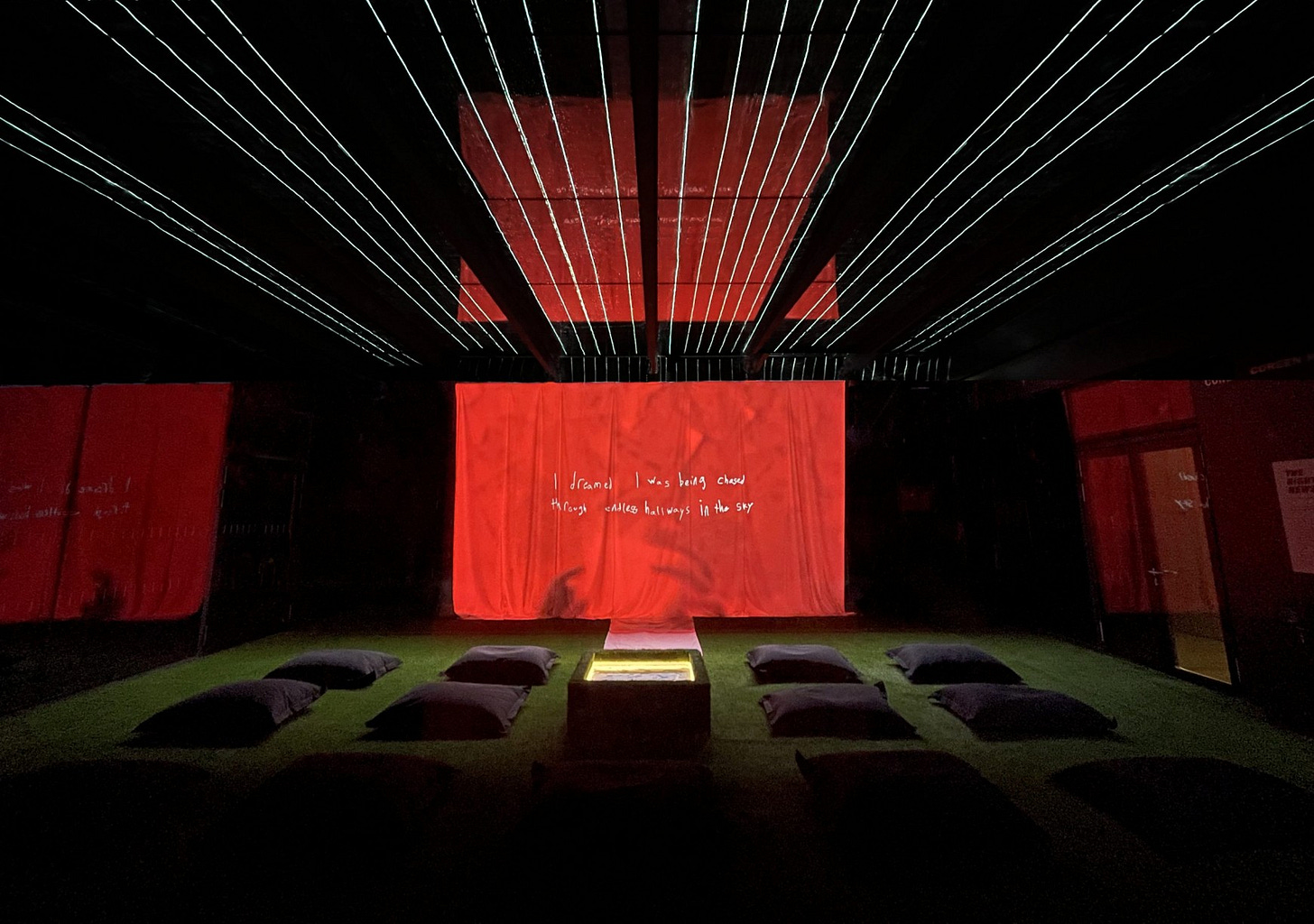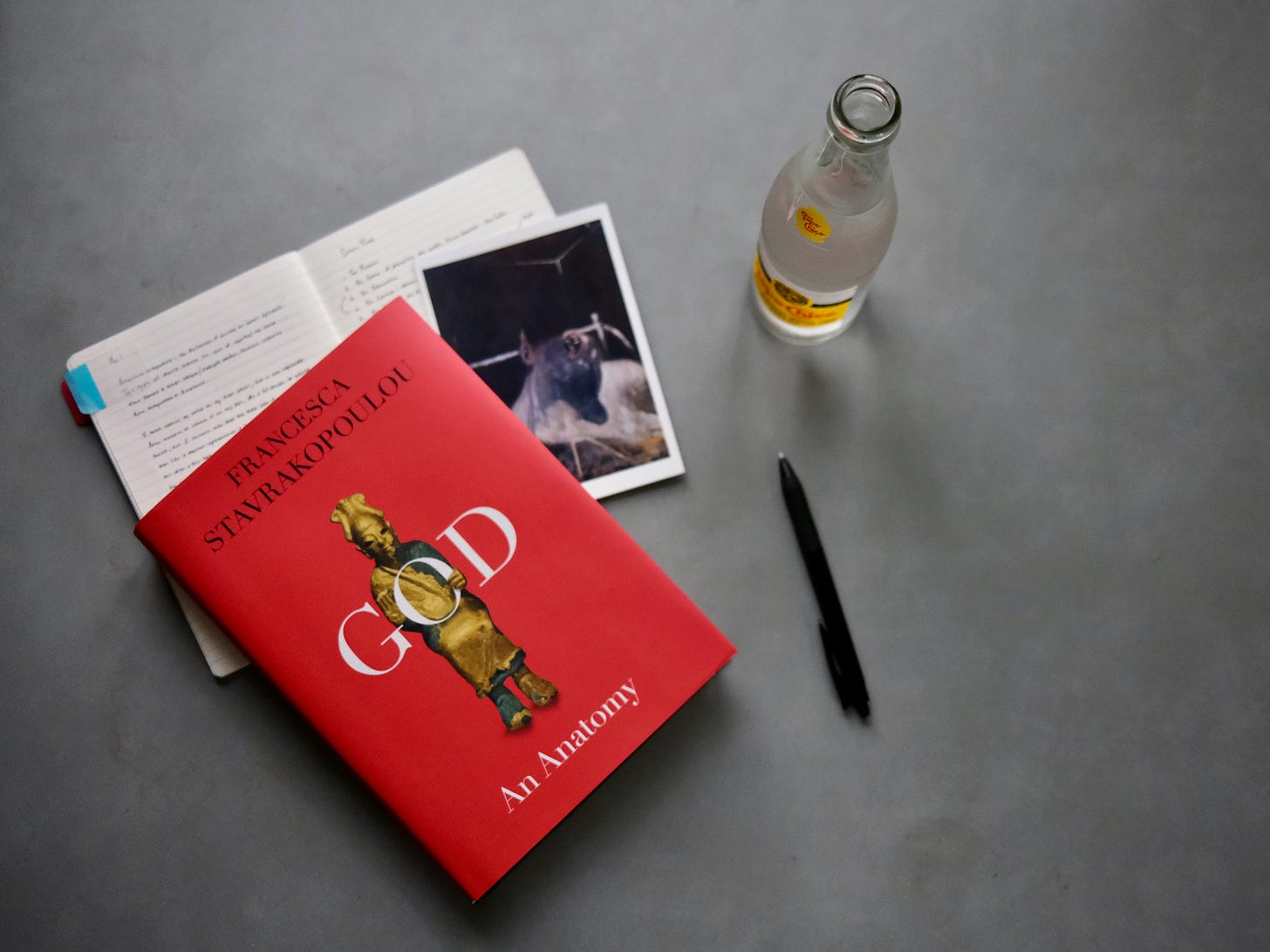I tried wearing my watch on my other wrist the other day, and it was impossible. Each time I checked the time, I felt like a Martian impersonating a human, awkwardly twisting and raising my arm as if I'd just discovered it. And the clock face looked backward somehow. Surely it would get easier. But four days later, I still couldn't tell you what time it was. So the experiment is over, and I wonder if I'm capable of change.
But I'm trying. Last week I decided to stop looking at social media. Much has been said about its attention hijacking, outrage mechanics, data harvesting, juvenile billionaires, and two-minute hates. But really, the problem is me: I've allowed Twitter to worsen my writing and rough up my thinking, and I'm just plain tired of wrestling with something designed to leave me unhappy and needy. (Because advertising requires a state of need; it just doesn't work if we're happy and fulfilled.) I don't have the self-control to use Twitter or Instagram occasionally, so I've had to block them at the root level. The good news is my addiction has a short half-life. After a few fidgety days, my fingers no longer twitch with a craving for a fresh hit of distraction or attention. But one lesson I've learned the hard way: don't talk about quitting forever; easy does it, and one day at a time.
Fifteen years ago, there were probably heartfelt speeches about how bringing strangers together in a virtual space would foster a more compassionate society. Now we're discovering that, well, maybe we don't all need to be in the same room. At least not in this psychosocial weather. All of which feels a little sad, as if I'm walking away from some grand human experiment.
Anyway, C. and I were at Red Lobster the other day, mourning the state of the internet. "Remember the first days of ColourLovers?" she asked. We made wistful noises over our shrimp, thinking about life before 2004 when strangers would share their favorite color schemes and other strangers would appreciate them. Nobody was performing their righteousness or flogging their personal brand (a phrase that still looks utterly insane). Then we reminisced about the needlessly complex yet entirely pleasurable websites delivered by Surfstation and XtraPop in 2002. I think we're unique, those of us old enough to be excited and then crushed by the Information Superhighway. Back then, the internet was fun because real life was elsewhere. Sometimes my mind lands on a shivery thought: screens have become reality, and the physical world exists only to serve their needs.
I can’t stop thinking about this 11-year-old I met. “I’m interested in old stuff,” she said. “Everything seemed better a long time ago, like in the 90s.” I gasped for air and did the math. Good god, I’m old. And she was too young for nostalgia.
Maybe the Surrealists were onto something, turning inwards and scraping their brainpans for answers. After collecting over one thousand handwritten dreams from students at the American School In London, Candy Chang and I transformed the school’s underground courtyard into The Nightly News, a cinema dedicated to the visions that brew below our waking minds.
I was chased through an endless hallway in the sky / I was running in slow motion and couldn’t run away from my problems / I dreamt about a red door, and just as I went to open it, I woke up. / A clown was burning my soul. / My hand became pixellated and started dissolving.
There’s something comforting in knowing we’re all bound together by the same scenes of being chased, going backward, searching frantically, lost in mazes, and expecting mysteries to be revealed. We run through sludge, and our teeth fall out. Little kids seem more likely to have zany dreams about talking animals and flying over rainbows, but they’re also dreaming about war and viruses.
I put together a soundtrack to accompany the exhibition of Candy Chang’s Before I Die project at Wonderspaces.
Built from a bass tone, some vapor, and a cassette tape of Candy reading the responses from visitors, it’s a spare, whispery thing designed to flicker around a gallery. But I think it also performs nicely in headphones while working, reading, or contemplating one's final moments. As I recorded this, I kept thinking about the phrase “a glitch in the ego death.”

The new cassette from Romance & Dean Hurley arrived in the mail yesterday, and it's a melodramatic, hissy thing that reconfigures soap operas into midnight music of the highest order. Meanwhile, Brendon Moeller's Yeoville delivers ten slices of low-lit loop-finding reverberations from the consistently excellent Mysteries of the Deep camp. And Adam Arthur’s new live set for Interdimensional Transmissions is stellar concentration music, a long stretch of ambient cloud cover that slowly gives way to sparkling synthetics that remind me what it feels like to be optimistic about a techno-future. And there’s a fresh gust of heaven metal from Midwife.
Currently reading Francesca Stavrakopoulou’s God: An Anatomy, which digs into the origins of the Judeo-Christian deity as a fleshy, breathing creature who was just as messy as the rest of us, prone to laughter, jealousy, and despair. He had parents (El and Athirat), and he moved through the world like we do, only on a grander scale. I like how Stavrakopoulou captures the psychology of three thousand years ago:
The cosmic membrane separating the earthly from the otherworldly was highly porous and malleable, so that divinity in all its myriad forms could break through into the world of humans, whether it was perceived as a strange scent on the wind, a fleeting shape glimpsed from the corner of the eye, or felt at a powerful place in the landscape. But divinity was at its most tangible when materialized in images of the gods.
So I’ve been thinking about the cosmic membrane lately.
I'm bullish on Letterboxd these days. It feels like vintage ColourLovers for movies, and it's nudging me towards being more mindful of my viewing time. Here's my log so far, and any noirish suggestions are much appreciated.






